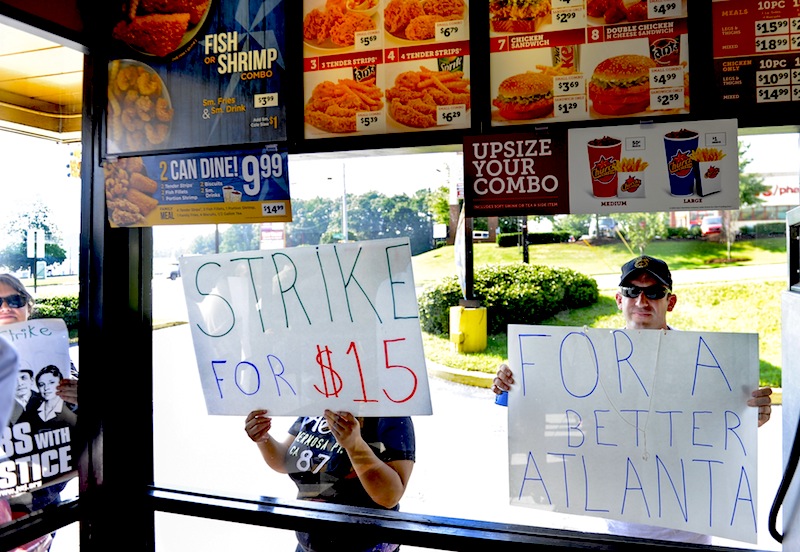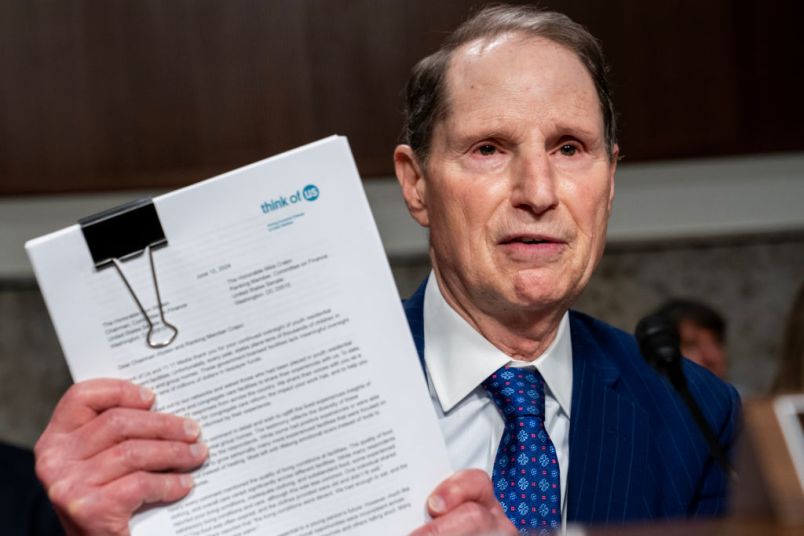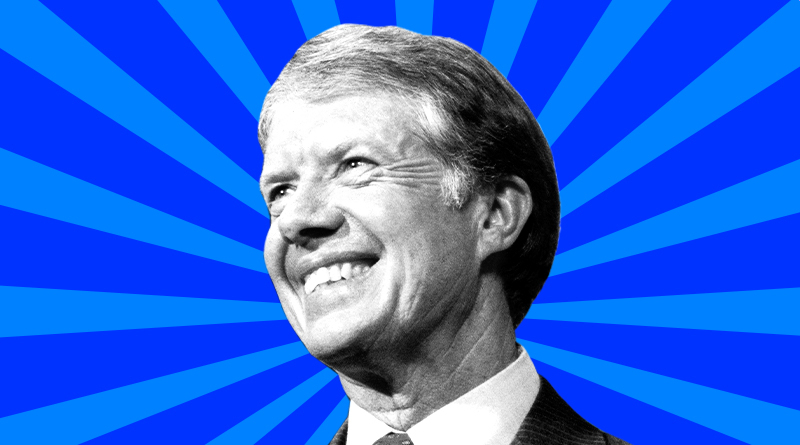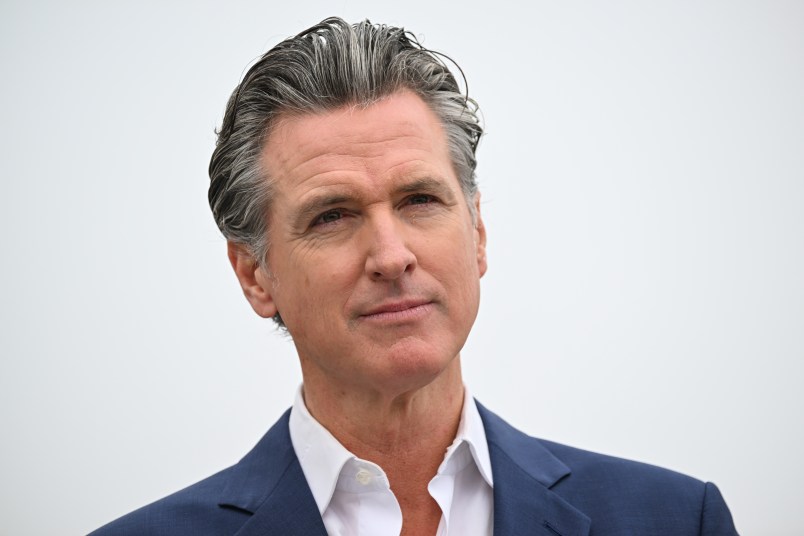NEW YORK (AP) — Fast-food workers and their supporters beat drums, blew whistles and chanted slogans Thursday on picket lines in dozens of U.S. cities, marking the largest protests yet in their quest for higher wages.
The nationwide day of demonstrations came after similar actions organized by unions and community groups over the past several months. Workers are calling for the right to unionize without interference from employers and for pay of $15 an hour. That’s more than double the federal minimum wage of $7.25 an hour, or $15,000 a year for full-time employees.
Thursday’s walkouts and protests reached about 60 cities, including New York, Chicago and Detroit, organizers said. But the turnout varied significantly. Some targeted restaurants were temporarily unable to do business because they had too few employees, and others seemingly operated normally.
Ryan Carter, a 29-year-old who bought a $1 cup of coffee at a New York McDonald’s where protesters gathered, said he “absolutely” supported the demand for higher wages.
“They work harder than the billionaires in this city,” he said. But Carter said he didn’t plan to stop his regular trips to McDonald’s.
Jobs in low-wage industries have led the economic recovery. Advocates for a higher minimum wage say that makes it crucial that they pay enough for workers who support families.
The restaurant industry says it already operates on thin margins and insists that sharply higher wages would lead to steeper prices for customers and fewer opportunities for job seekers.
The drive for better pay comes as the White House, some members of Congress and economists seek to raise the federal minimum wage. But most proposals are for a more modest increase, with President Barack Obama suggesting $9 an hour.
The Service Employees International Union, which represents more than 2 million workers in health care, janitorial and other industries, has been providing financial support and training for local organizers in the fast-food strikes around the country.
The National Retail Federation called the actions “yet more theater orchestrated by organized labor, for organized labor.” The group said it showed the labor movement is facing depleted membership rolls.
Walkouts were also planned Thursday in Los Angeles, Milwaukee, Seattle, St. Louis, Hartford, Conn., Memphis, Tenn., and other cities. Organizers said they expected thousands of workers and their allies to turn out, but the number of actual participants was unclear.
In New York, City Council speaker and mayoral candidate Christine Quinn joined about 300 to 400 workers and supporters in a march before the group flooded into a McDonald’s near the Empire State Building. Shortly after the demonstration, however, the restaurant seemed to be operating normally, and a few customers said they hadn’t heard of the movement. The same was true at a McDonald’s a few blocks away.
In Atlanta, a TV station showed customers and workers in a McDonald’s going about their business as protesters read a statement inside the restaurant.
The lack of public awareness illustrates the challenge workers face in building wider support. Workers participating in the strikes represent a tiny fraction of the industry. And fast-food jobs are known for their high turnover rates and relatively young workers.
In another neighborhood of New York City, workers chanted “We can’t survive on $7.25 an hour” outside a Wendy’s and effectively cut off business. There were no customers inside.
In Detroit, the dining area of a McDonald’s was shut down as workers and others protested outside. A Subway in Seattle was able to stay open despite dozens of protesters outside chanting for $15 an hour.
“I know I’m risking my job, but it’s my right to fight for what I deserve,” said Julio Wilson, one of about 30 fast-food workers who picketed outside a Little Caesars in Raleigh, N.C. Wilson, who has a 5-year-old daughter, said he earned $9 an hour at the pizza restaurant.
In Las Vegas, a few dozen people gathered along the street outside a McDonald’s, chanting and carrying signs that read “Strike for a living wage” and “Huelga por $15,” Spanish for “Strike for $15.” But an employee at the restaurant said it stayed open throughout the demonstration.
Not everyone was supportive. Striking workers in Topeka, Kan., were briefly confronted by Richard Moore, who said he understood the strike but not why workers were seeking “$15 for flipping burgers.”
Moore, 57, had been sitting on a curb holding a sign saying he was a veteran looking for a job.
The latest protests follow a series of strikes that began last November in New York City. The biggest effort so far was over the summer when, organizers say, about 2,200 people staged one-day demonstrations in seven cities.
McDonald’s Corp. and Burger King Worldwide Inc. say they don’t make decisions about pay for the independent franchisees that operate most of their U.S. restaurants. At restaurants that it owns, McDonald’s said any move to raise entry-level pay would raise overall costs and lead to higher menu prices.
The company said it provides professional development for interested employees and that the protests don’t give an accurate picture of what it means to work at McDonald’s.
“We respect our employees’ rights to voice their opinions. Employees who participate in these activities and return to work are welcomed back and scheduled to work their regular shifts as usual,” McDonald’s said in an emailed statement.
Wendy’s said in a statement that it was “proud to provide a place where thousands of people, who come to us asking for a job, can enter the workforce at a starting wage, gain skills and advance with us or move on to something else.”
Subway and Yum Brands Inc., which owns KFC, Taco Bell and Pizza Hut, did not respond to requests for comment.
Even though they’re not in unions, fast-food workers who take part in strikes are generally protected from retaliation by employers. Federal labor law gives all workers the right to engage in “protected concerted activities” to complain about wages, working conditions or other terms of employment.
“It’s always been understood that people who fall under this concerted activity umbrella are protected as long as they are protesting not only on their own behalf but on behalf of others as well,” said Robert Kaiser, a St. Louis labor law attorney.
___
Associated Press writers Sam Hananel in Washington, D.C.; Phillip Lucas in Atlanta; Adrian Sainz in Memphis, Tenn.; Michelle Rindels in Las Vegas; Rodrique Ngowi in Boston; Donna Gordon Blankinship in Seattle; John Milburn in Topeka, Kan.; Karen Matthews in New York and Michael Biesecker in Raleigh, N.C., contributed to this report.
___
Follow Candice Choi at www.twitter.com/candicechoi .
Copyright 2013 The Associated Press. All rights reserved. This material may not be published, broadcast, rewritten or redistributed.









